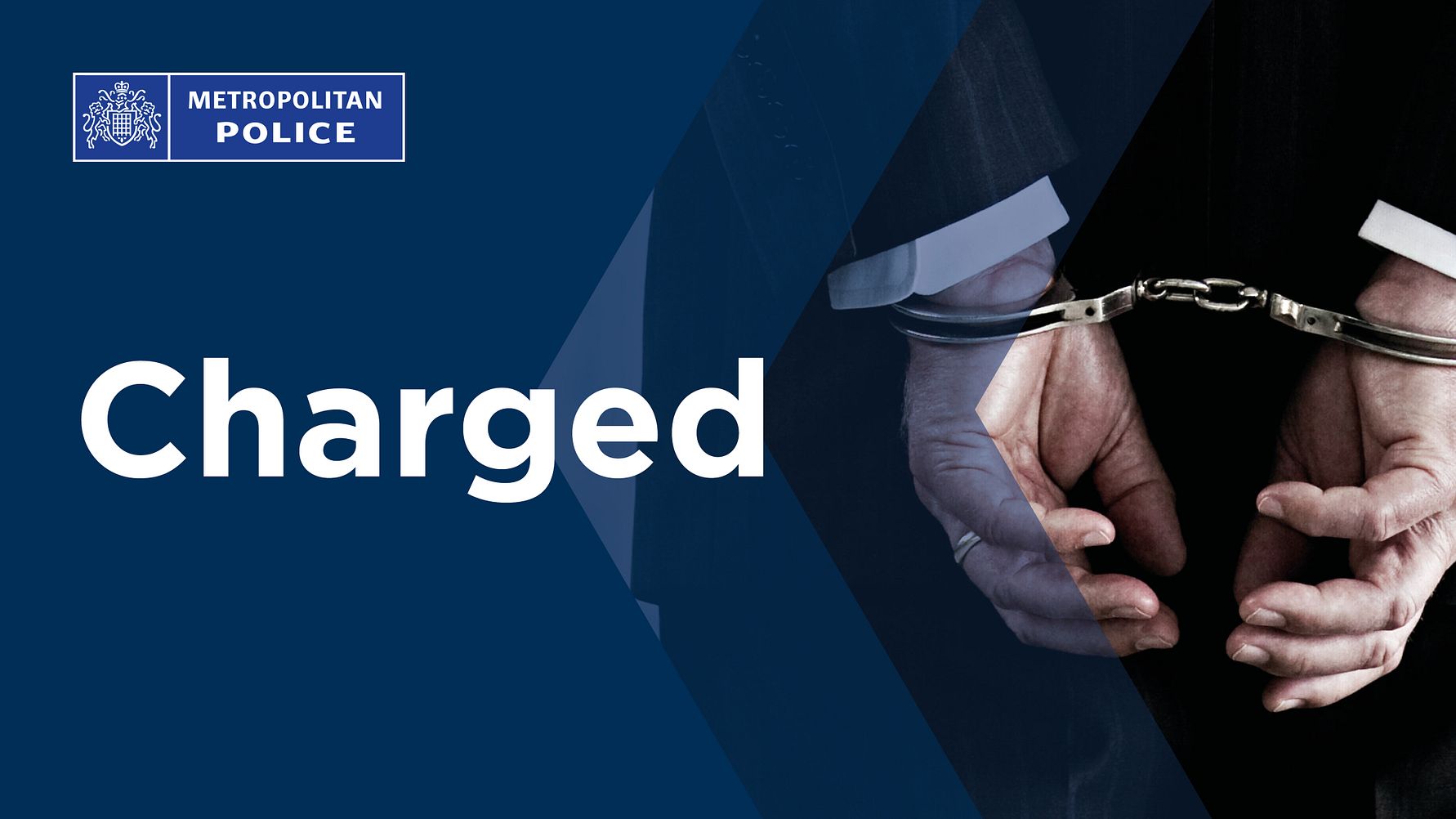What Happened
The Corporation for Public Broadcasting (CPB) announced on August 1, 2025, that it will cease operations due to significant funding cuts initiated by the Trump administration. This decision follows a rescissions bill that eliminated $1.1 billion earmarked for public media over the next two years, part of broader efforts by the administration to defund public broadcasting, which has been criticized for perceived liberal bias. The CPB’s closure is expected to have far-reaching effects on local PBS and NPR stations across the United States, particularly in rural areas that rely heavily on federal funding for their operations.
In the wake of these funding cuts, many local stations are facing budget shortfalls that could lead to their closure. For instance, KDNK Community Radio in Carbondale, Colorado, reported a $174,000 funding gap, representing 27% of its annual budget. The CPB’s president, Patricia Harrison, acknowledged the challenges ahead, stating that some stations may not survive without federal support. The organization plans to maintain a small transition team until January to assist local stations during this process.
Key Details
- Date of Announcement: August 1, 2025
- Funding Cut Amount: $1.1 billion over two years
- Impact on Local Stations: Many rural stations may shut down due to reliance on federal funding.
- KDNK Community Radio Example: Experienced a $174,000 funding shortfall, 27% of its annual budget.
- Transition Plan: CPB will maintain a transition team until January 2026 to assist local stations.
Multiple Perspectives
The closure of the CPB has sparked a range of reactions. Supporters of the funding cuts, including President Trump, argue that public media has a liberal bias and that taxpayer money should not support what they perceive as partisan programming. Trump stated on social media that this move represents a long-sought victory for Republicans who have aimed to defund public broadcasting for decades.
Conversely, advocates for public media express deep concern over the implications of the CPB’s closure. They argue that public broadcasting plays a crucial role in providing unbiased news, educational content, and emergency alerts, particularly in underserved communities. NPR CEO Katherine Maher emphasized that the ripple effects of the CPB’s closure would be felt across all public media organizations and the communities they serve. Craig Aaron, co-CEO of the media reform group Free Press, criticized the decision as a failure of Congress and the Trump administration to support informed public discourse.
Context & Background
The CPB was established over 60 years ago to promote non-commercial public broadcasting in the United States. It has historically provided essential funding to local PBS and NPR stations, which often rely on federal support to deliver educational and informational content to their audiences. The recent funding cuts are part of a broader political narrative that questions the role of government in supporting public media, particularly amid claims of bias.
The impact of the CPB’s closure is particularly pronounced in rural areas, where local stations often serve as the primary source of news and information. Without federal funding, many of these stations may struggle to remain operational, potentially leaving entire communities without access to critical services.
What We Don’t Know Yet
While the CPB has announced its intention to wind down operations, the full extent of the impact on local stations remains uncertain. It is unclear how many stations will be able to survive without federal support and whether alternative funding sources will emerge to fill the gap. Additionally, there is ongoing debate about the potential for future federal funding for public media through the appropriations process, although recent legislative developments suggest that such funding is unlikely in the near term.
The situation continues to evolve, and stakeholders in public media are actively seeking ways to adapt to the new funding landscape. The long-term implications for public broadcasting and its role in American society are still being assessed, as advocates explore potential strategies for rebuilding support at the local level.




